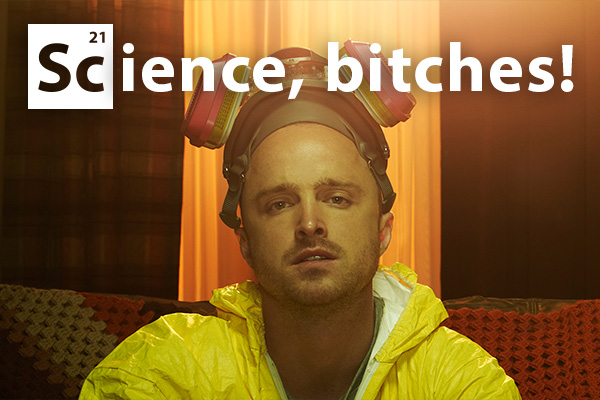Science, Bitches! | Issue 19
Cloning Conundrums
Cloning provokes extreme responses, from those who fear the repercussions of “playing God” through to evil geniuses hell-bent on creating a clone army. Admittedly, the idea of cloning a whole human fills even this geneticist author with dread (and I genetically modified something yesterday). But before you run in fear of an attack of the clones, or decide to build a clone factory on an island somewhere, let’s discuss what this research actually means for humankind.
Firstly, be sceptical – a 2005 study claimed to have cloned human cells, but after intense criticism of the study the data was found to be fake and the authors withdrew the findings. Scandal. The current study seems legit, though – they’re giving cell samples to other labs for verification, which is a good sign they aren’t faking!
If the result is real, what applications does it have? The main use will likely be medical. Say you need a new liver. The waiting list is long, and you probably won’t get a transplant in time. What if scientists could put your DNA into an egg cell and grow you a new liver? This idea weirds people out, but I think it’s weirder to insert a stranger’s organ into your body (although I guess people do that all the time…).
It’s unlikely we’ll ever clone a whole human, however. Remember how there was a lot wrong with Dolly? Cloning whole organisms isn’t a technique we have perfected yet, but if it ever is, I sure hope we have the power to control our science, bitches.






